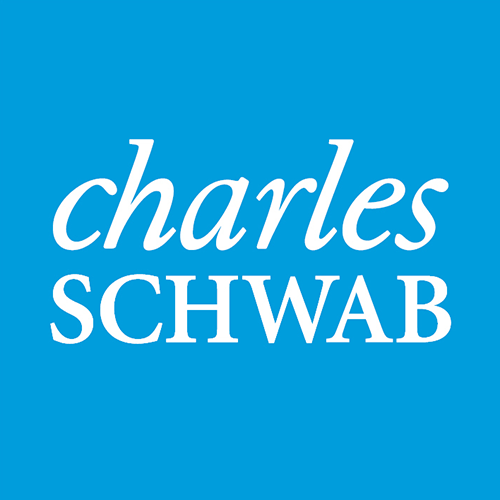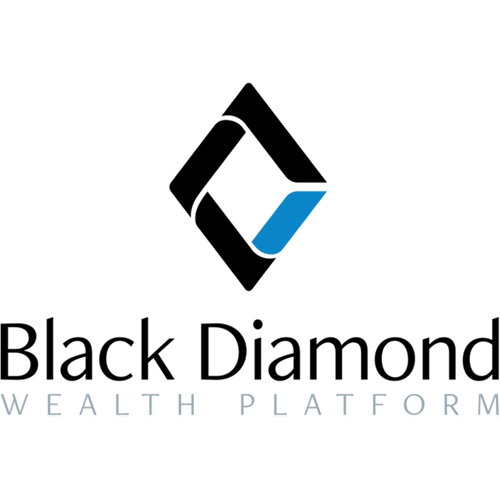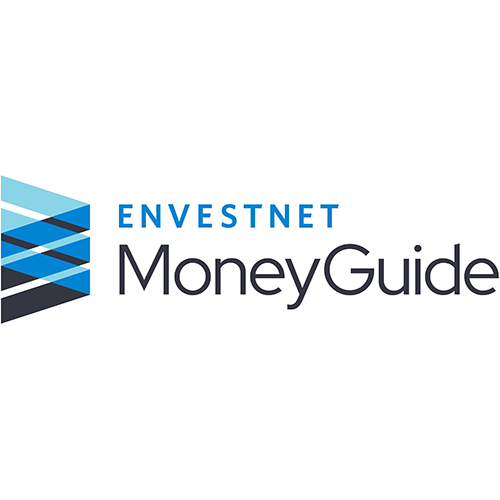Retirement Plan Facts Your employer provides you with a retirement plan for you to save money in, tax-deferred, for the day you bid your career farewell and enter into retirement. It’s important for you to know the facts about your plan, so you can maximize its saving potential. Here are essentials to know about your retirement plan: What is it?…










![Why Listing A Trust As A Beneficiary On Your 401(k) May Not Be A Good Idea [WHITEPAPER]](https://parkcapitalmgt.com/wp-content/uploads/2018/09/Why-Listing-A-Trust-As-A-Beneficiary-On-Your-401k-May-Not-Be-A-Good-Idea.jpg)
![401(k) Communication & Enrollment Strategies: Are We Just Yelling or Actually Getting Results? [SLIDESHOW]](https://parkcapitalmgt.com/wp-content/uploads/2021/05/Screen-Shot-2015-09-18-at-1.01.53-PM.png)


